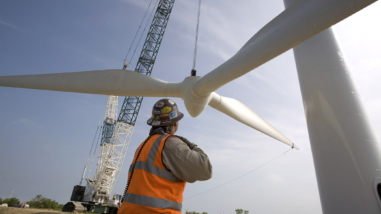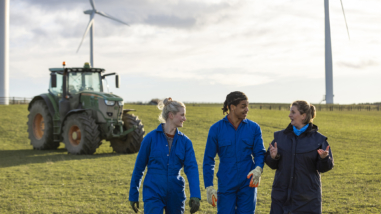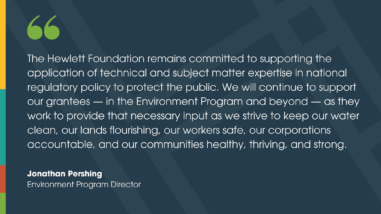Environmental Defense Fund
For Support Of Pathways To Carbon Neutrality In China
-
Amount$500,000
-
Program
-
Date Awarded6/29/2021
-
Term12.0 Months
-
Type of SupportProject
Strategies
Overview
This grant aims to work with existing policy frameworks in China to help align China’s new climate announcements with its existing social and economic reform agenda. EDF will promote a faster, lower, and more robust emission reduction pathway that can potentially avoid 28 billion tons of CO2 by 2035 in China. It will help build a foundation of technical knowledge, shared understanding, and leadership so that China can be on track for faster and lower level of emissions peaking by 2025. (Substrategy: China National Policy)
About the Grantee
Grantee Website
www.edf.org
Address
257 Park Avenue South, New York, NY, 10010, United States
Grants to this Grantee
for accelerating green ammonia development in China
The Environmental Defense Fund works in dozens of countries around the world on environmental challenges from toxic waste to climate change. This grant will support its office in China to provide technical support for the development of policy options that encourage the production of zero-carbon “green” ammonia, particularly for nitrogenous fertilizer production. (Substrategy: China National Policy; Industry)



